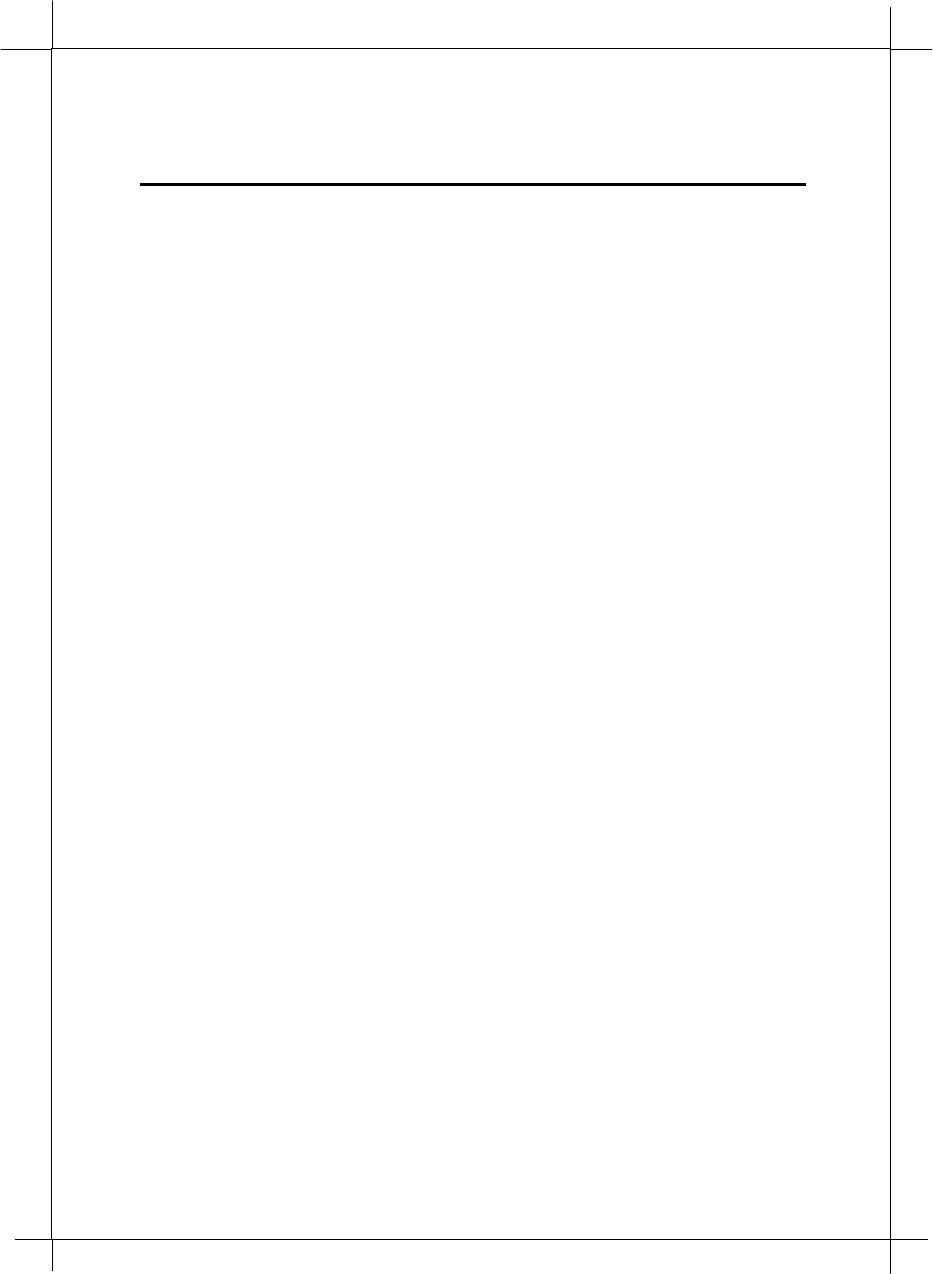
9-6
DHCP Client Configuration
Ethernet encapsulation
Default TCP TTL
TCP keep-alive interval
TCP keep-alive data size
The following documentation, adapted from manual pages provided by
the Internet Software Consortium, gives the format of allowed DHCP
options which may be specified in the configuration file.
9.4.1 Option statements
DHCP option statements always start with the
option
keyword, followed
by an option name, followed by option data. The option names and data
formats are described below. It is not necessary to exhaustively specify all
DHCP options - only those options which are needed by clients must be
specified. Option data comes in a variety of formats, as follows:
The
ip-address
data type can be entered either as an explicit IP address
(e.g., 239.254.197.10) or as a domain name (e.g. haagen.isc.org). When
entering a domain name, be sure that that domain name resolves to a single
IP address.
The
int32
data type specifies a signed 32-bit integer. The
uint32
data type
specifies an unsigned 32-bit integer. The
int16
and
uint16
data types
specify signed and unsigned 16-bit integers. The
int8
and
uint8
data types
specify signed and unsigned 8-bit integers. Unsigned 8-bit integers are also
sometimes referred to as octets.
The
string
data type specifies an NVT ASCII string, which must be
enclosed in double quotes –for example, to specify a domain-name option,
the syntax would be
option domain-name "isc.org";
The
flag
data type specifies a Boolean value. Booleans may take the value 1
(true) or 0 (false).
The
data-string
data type specifies either an NVT ASCII string enclosed in
double quotes, or a
series of octets specified in hexadecimal, separated by colons. For example:
option client-identifier "CLIENT-FOO";
option client-identifier 43:4c:49:45:54:2d:46:4f:4f;
The documentation for the various options mentioned below is taken from
the latest IETF draft document on DHCP options. Options which are not
listed by name may be defined by the name
option-nnn
, where
nnn
is the
decimal number of the option code. These options may be followed either
by a string, enclosed in quotes, or by a series of octets, expressed as


















